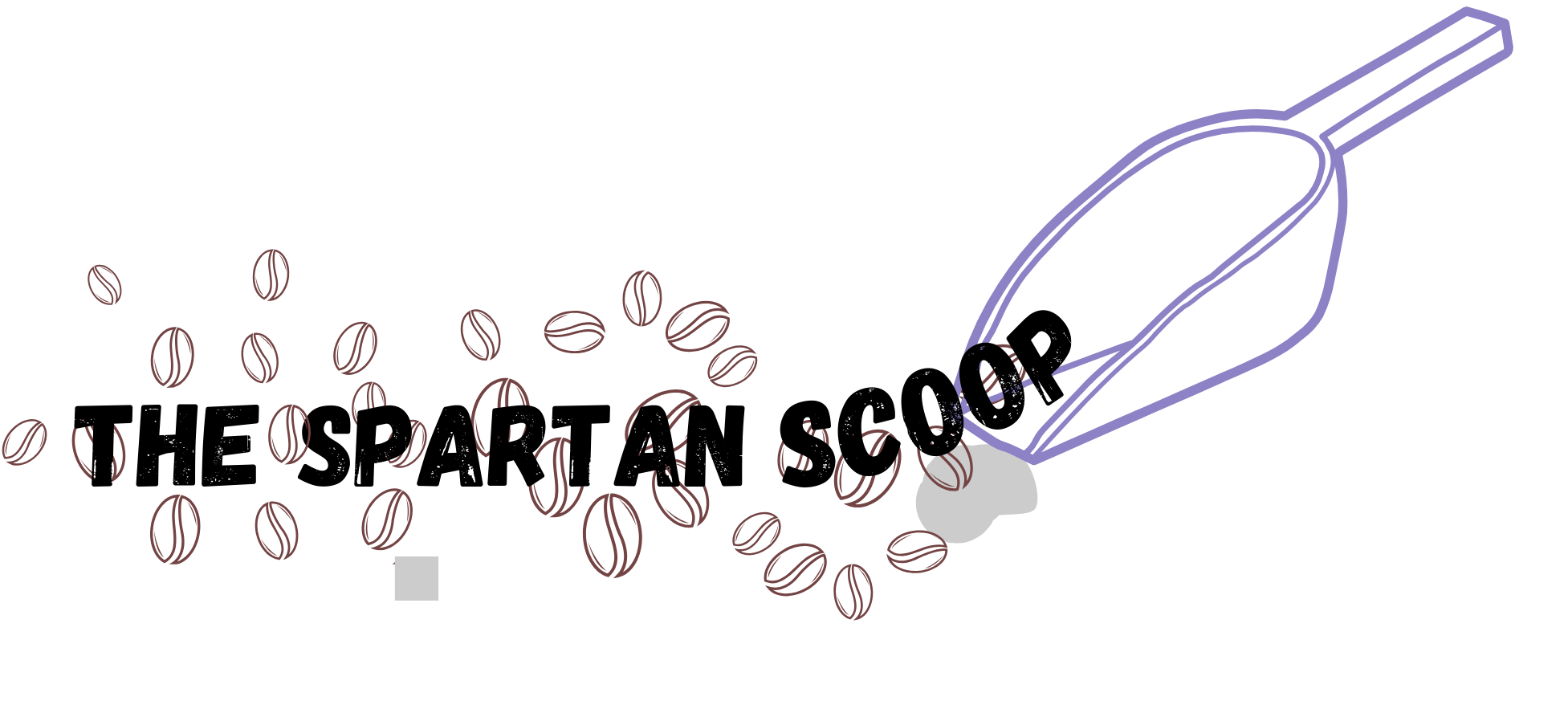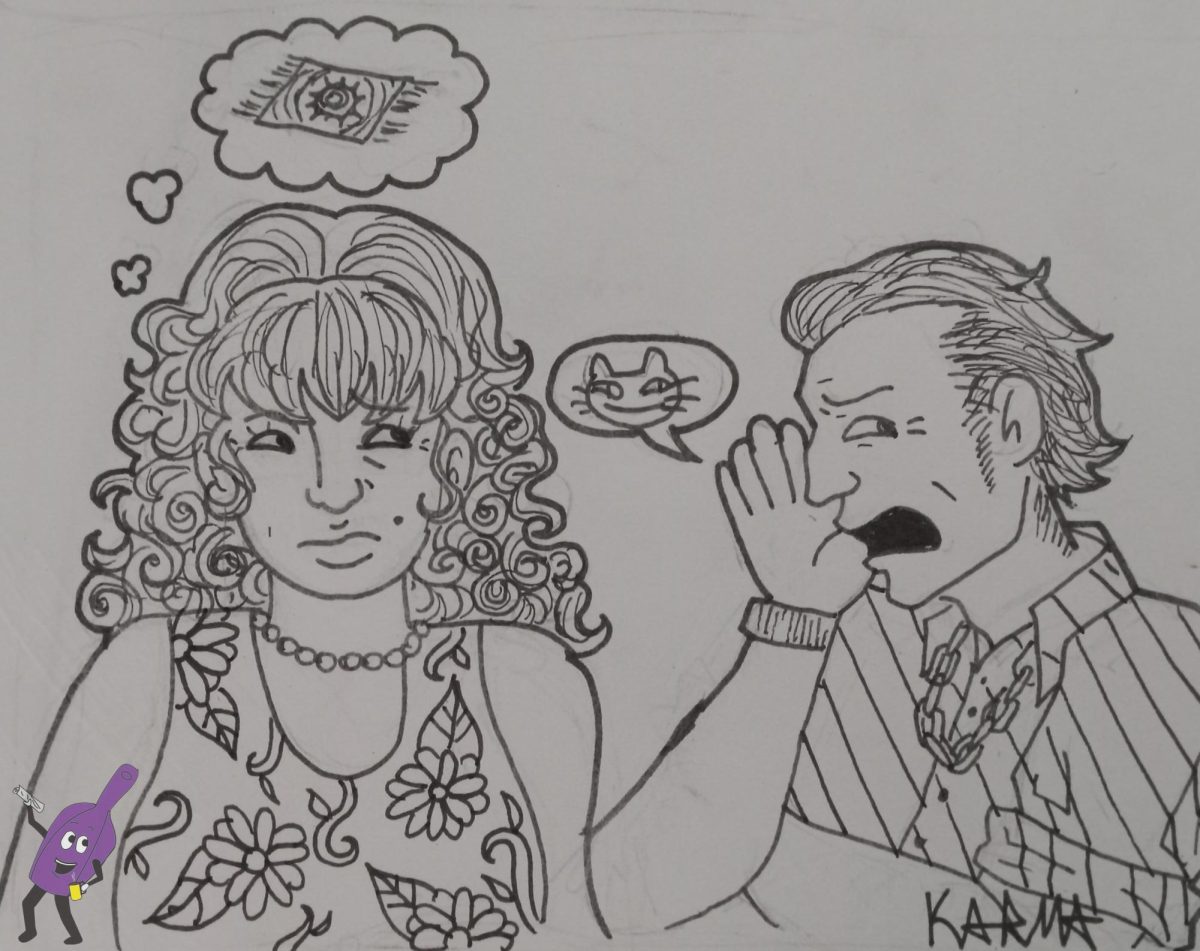Have you ever been blamed for something that you didn’t do? Or maybe you’ve doled out false blame for something. If you have siblings feel free to abstain from answering those questions, I am positive the answer is yes. Whether you were blamed or doing the blaming when you look back on that experience, did it all cause more trouble than it was worth? For many instances where the blame is pushed around, the situation can be blown out of proportion. People may end up emotionally hurt and, in historical context, even dead. Sometimes it is the guiltiest people who play the blame game just to create chaos.
Blame is easy to quickly pin on others because we often find ourselves afraid of the consequences
A simple, but hilarious, example of this can be found in the popular tv series “Parks and Recreation”. In the third season of the show the grumpy but loveable Ron Stampler decides to cause anarchy and gather everyone in the office for a small meeting. He displays a broken coffee pot and simply asks “Who broke it?” Ron’s strict and father-like demeanor fills everyone with nerves. With the exception of the well meaning Leslie, who tries to take the blame to avoid conflict, the coworkers toss around accusations in a childlike manner. This causes a stir in the workplace environment and Ron sits back happy. We later find out that he was in fact the person who broke the coffee pot and was only trying to create a ruckus in the workplace by throwing around the blame.
False blame, also known as false accusation, is a common logical fallacy that can be described as inaccurately attributing blame to someone who you know is innocent. This goes hand in hand with Scapegoating which Logically Fallacious defines as “Unfairly blaming an unpopular person or group of people for a problem…that is an easy target for such blame”
Psychology Today notes that many people who contribute to scapegoating are doing so as a defense mechanism. This falls under a style of coping called projection, meaning that the person making accusations fears something they have done or is filled with guilt and therefore places the blame on someone else to feel better.
Now we might see comedic examples of blame often, like Ron’s coffee pot bit or children pointing fingers when messes are made, but scapegoating and false accusations can lead to dangerous places.
A heartbreaking and poignant case of this is the murder of Emmett Till. According to the Innocence Project, fourteen year old Till was lynched in 1955 located in Mississippi after false accusations that he had assaulted a white woman. Given the racial tensions of the 50s, and many peoples racist biases, Till being black made many people inclined to believe the worst in him.
So, when Carolyn Bryant made claims that Till harassed her in a grocery store, he was quickly attacked. Till went missing, taken from his uncle’s house and held kidnapped. A few days later his mutilated body was found in the nearby Tallahatchie River. He was only identifiable by an engraved ring he was still wearing. Tills murderers Roy Bryant and J.W. Milam, both white, were tried by an all white male jury and found not guilty (Library of Congress).
Four months later both men admitted to lynching Emmet Till in an interview with Look Magazine (Innocence Project). However, Roy Bryant and Milam would not suffer any consequences from this because they had not been acquitted and therefore could not be tried again. Carolyn Bryant would even admit decades later that she had falsified her claims of harassment from Till.
Carolyn Bryant put a completely false blame on a black child as a way to exercise a terrible act of racial violence. This is an incredibly disgusting example of the trouble scapegoating and blame can cause that cost the life of a child and radically altered that of his family.
Another instance of the scapegoating of minority figures, which still causes harm today, is the long winded idea that Jewish and Muslim people are considered disease spreaders. The Yale Macmillan Center looked into the history behind this and historically there is a pattern of the religious being wrongly blamed for widespread illness.
This misconception partially stems from the fact that each ideology is inherently very social. Large church gatherings are common and the faiths are celebrated with other people. The other half of this is the notion of “Muslim Fatalism” as the Macmillan Center phrases it. This concept says that Muslim people are more likely to spread sickness as they see disease as an act of God and “accept” their fate and die.
This specific stereotype has lasted decades and it is still seen today in the different xenophobic remarks of many. For example during the first surge of the Coronavirus former president Donald Trump was cited on Twitter for claiming that “…mosques should be targets of measures to ensure social distancing ‘because they go after Christian churches but they don’t tend to go after mosques.’” This misconstrued idea that large religions are simply willing to deal with illness has led to many cases of hateful speech and even the large-scale death of other communities.
Blame is easy to quickly pin on others because we often find ourselves afraid of the consequences. That said, more often than not the circumstances that follow false blame are disastrous, causing pain and hardships for others. I think we could all do a better job at accepting our mistakes and preventing a series of hapless events. So, in the future when you break a prize vase or the company coffee pot, own up to it; you can then sleep sound knowing you’re actively preventing chaos.




